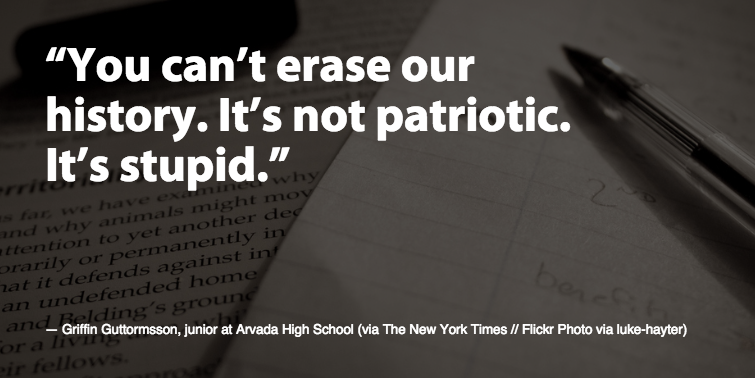Christine Sleeter
Now is the Time to Rethink Schooling
Now is the Time to Rethink Schooling
Kappa Delta Pi Laureates
Now that students and teachers have settled into the current academic year, we’re in danger of compounding last year’s felonies. To put things simply, the years 2020-22 will be seen as the year that students and families suffered, while pundits and politicians panicked about “learning losses.” Trying to catch up will only make things worse.
Part of the problem is “progress” as we measure it. As every teacher knows, a lot of academic progress is illusory. During the “summer slump,” students forget a large chunk of what they learned the previous year. Why? Because they didn’t learn or understand it deeply, but crammed it so they could pass standardized tests. After the tests, much of this so-called learning evaporates. What meaningful content do you remember from your school days? How has it helped you make sense of the world, or think clearly about issues that really matter? Chasing test scores is a dubious enterprise under the best of circumstances, and a major multiplier of inequality today.
COVID’s impact has fallen disproportionately on communities of color, people who are economically disadvantaged, and immigrant children/children of immigrants. Privileged students often have good technology, good wifi, and quiet, well-furnished places to study. In contrast, everyone who works with students from under-resourced communities can tell stories of teachers who had to track down their students in order to give them school-issued electronic tablets so they could do school work, only to have some of those students parking themselves outside of schools to get a wifi signal. Social and educational inequities were troubling before COVID, and they’re worse now. Things will be even worse if we continue to pursue narrow academic goals without addressing pressing social issues both inside and outside the classroom. Some students will learn some important ideas, but most of what’s learned under the pressure to make up for “learning losses,” if it’s learned at all, will evaporate in a few months or years; and key social and historical issues will once again go unaddressed. We need to find modes of schooling that support students socially and academically, in meaningful ways.
What matters academically are the big ideas – the things we hope students will remember and be able to use months and years from now. That’s what we need to focus on, not the minutia we typically test and then panic about when testing reveals “learning losses.” Learning isn’t about answer-getting, it’s about thinking and understanding.
What if we asked, what meaningful problems can students learn to think about in school? Can teachers help them read up on critical issues? Can teachers help them develop the historical understandings that enable them to make sense of tensions in today’s world, and scientific understandings that help them think through issues of Covid transmission and vaccination? Can students learn to find things out, to make meaningful conjectures, to test and build on each other’s ideas, to become effective and collaborative thinkers? Our goal is not to compel students to be test-focused memorizers. We want them to be sense makers, meaning makers, and problem solvers – people who participate in and profit from a humane and caring learning enterprise.
We need to think expansively, viewing this past year’s schooling disasters as a learning experience. There is a crisis, but it’s much bigger than “learning loss.” It’s a crisis of having too narrow a conception of students’ learning capabilities, especially students from poverty backgrounds and students of color. And, we should never let a crisis go to waste. It’s time to think expansively and creatively about student learning, and focus on helping them become powerful thinkers and learners. Let’s invest our energy in our youth – and support them in becoming thoughtful and reflective learners. Let’s focus on how we can help students grapple with big ideas. This is an opportunity to re-think what’s really important in education, rather than being bound by traditional tunnel vision. There’s little to lose, and a lot to gain.
Christine Sleeter
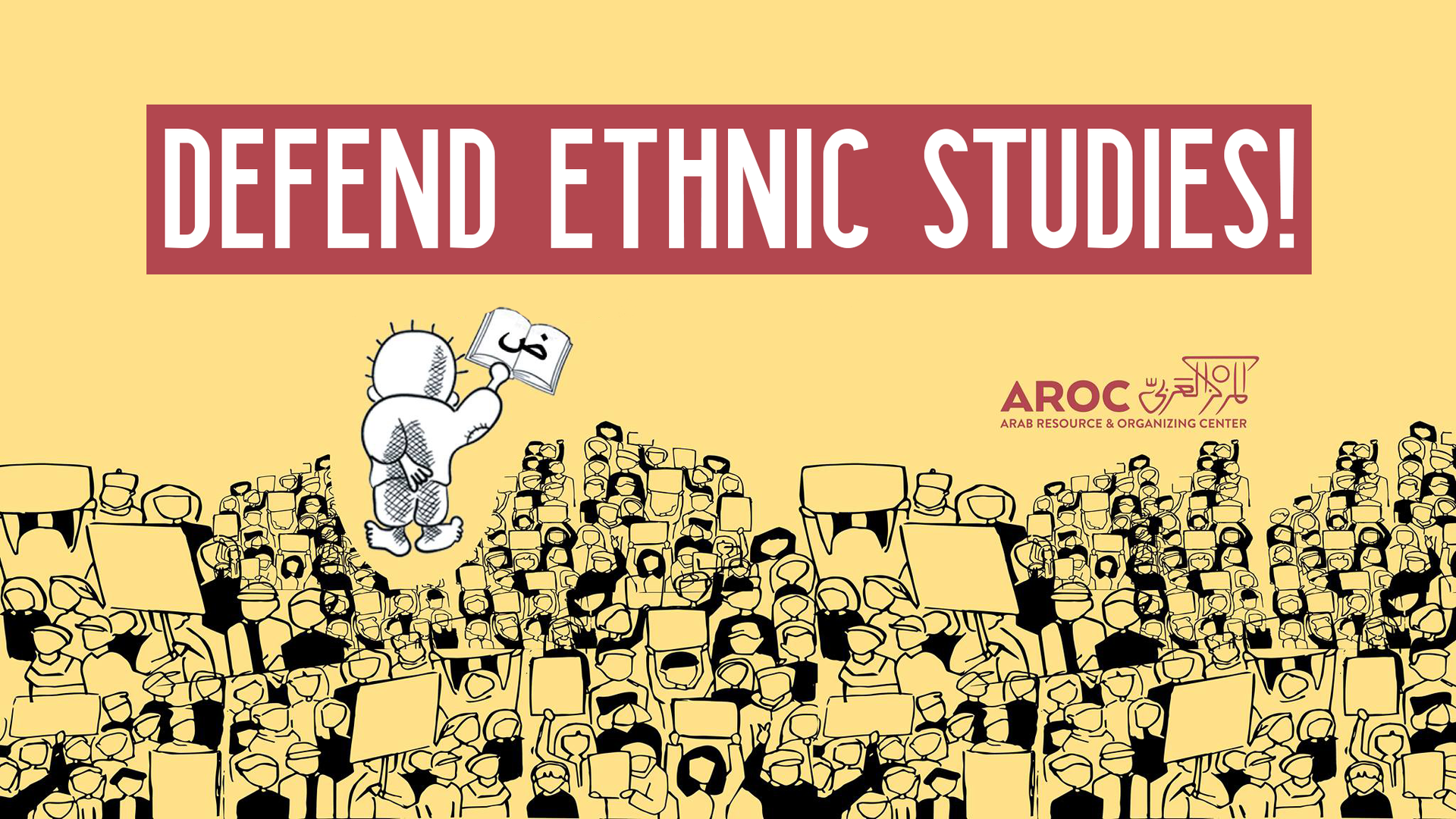
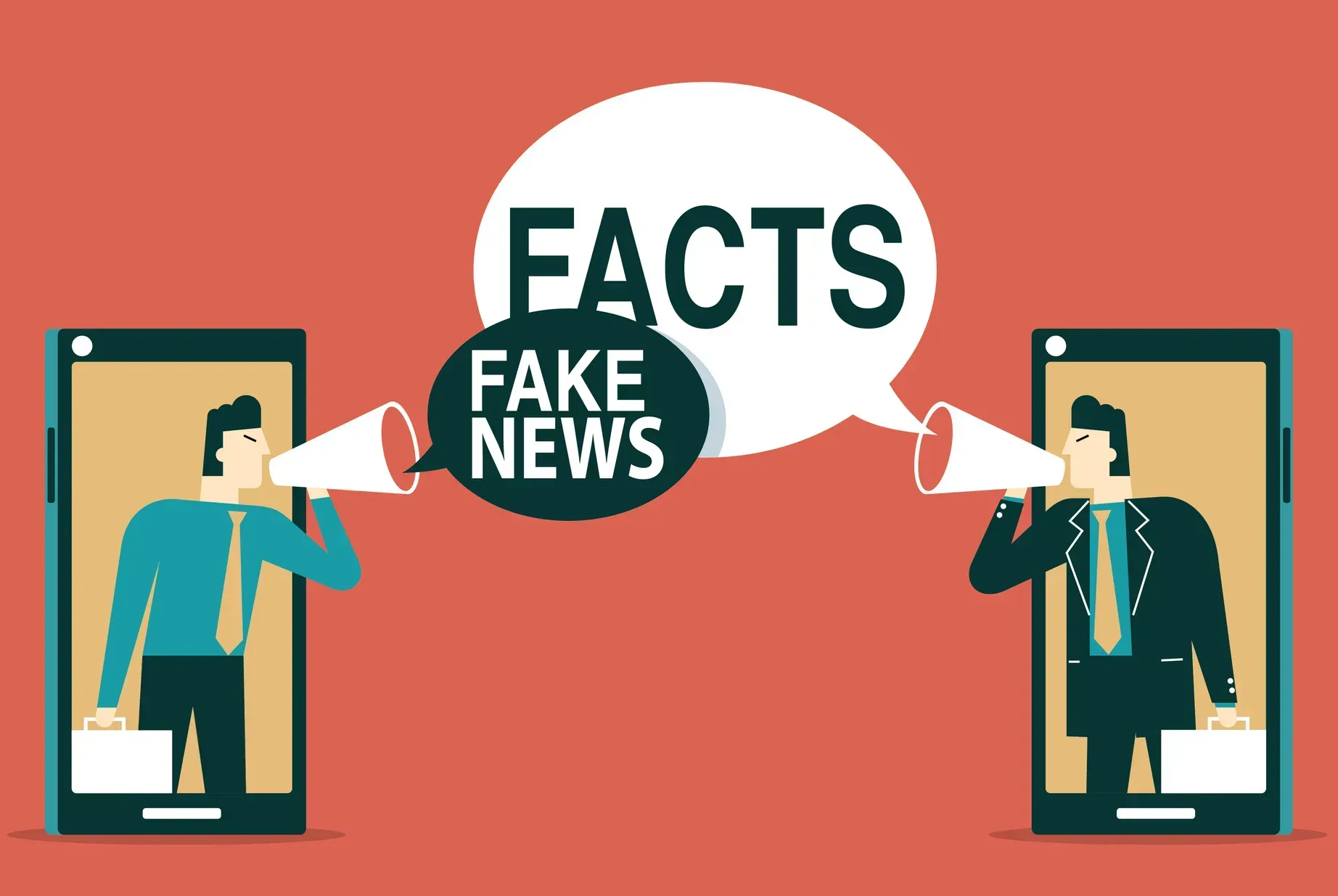
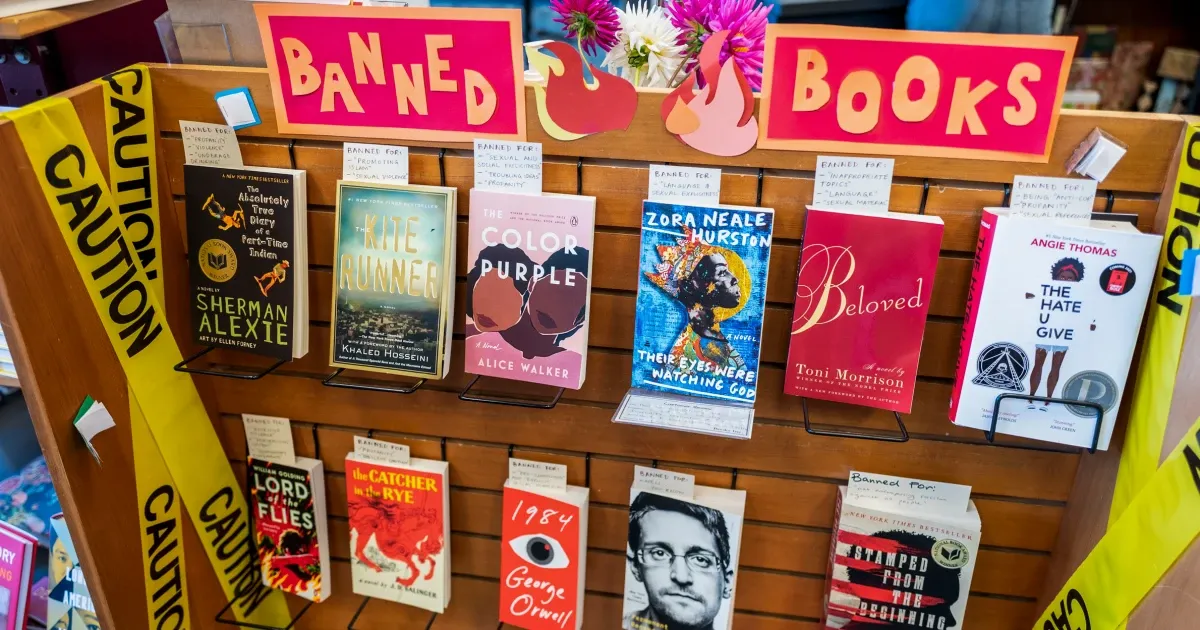


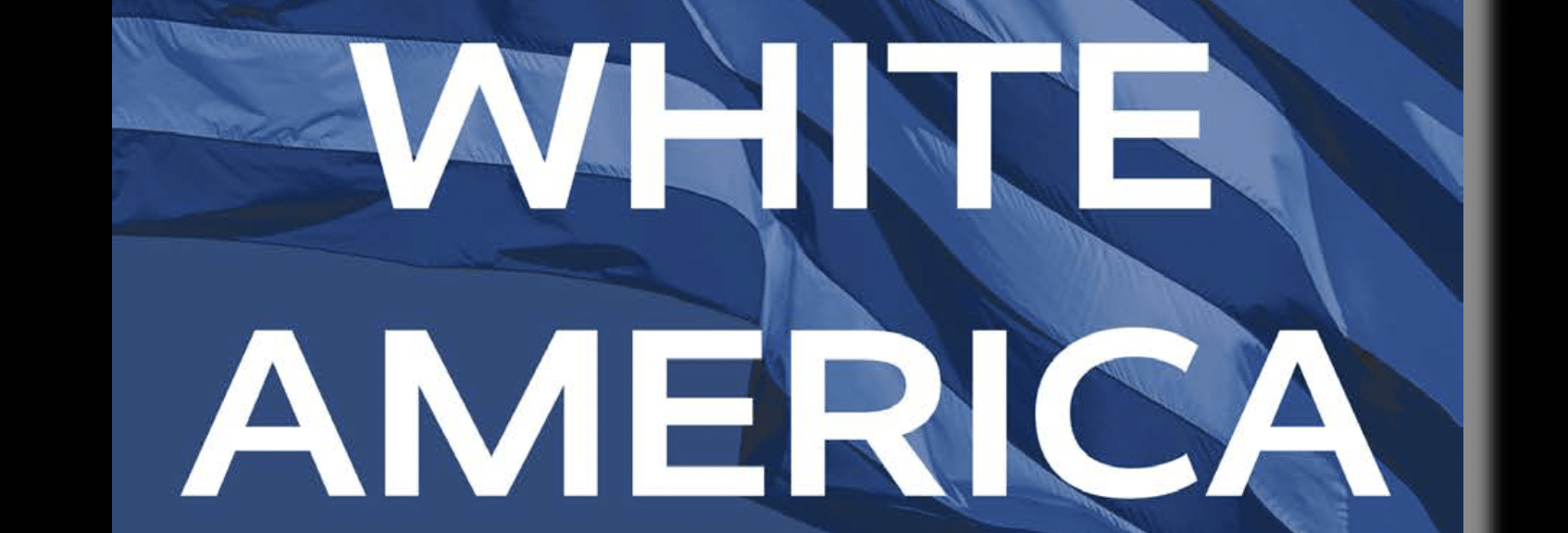
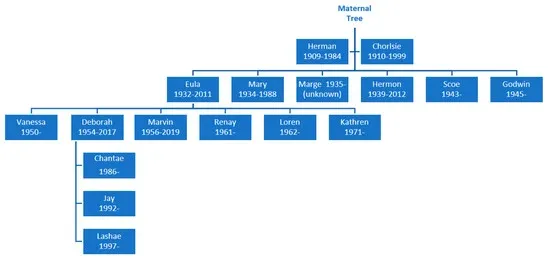
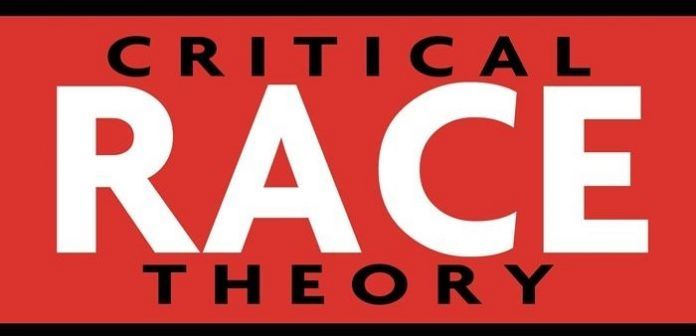
Christine Sleeter
CONTACT
QUICK LINKS
BOOKS
All Rights Reserved | Christine Sleeter
